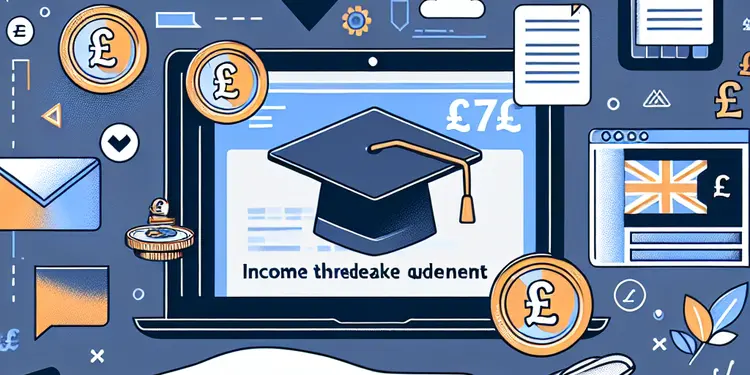
Find Help
More Items From Ergsy search
-

Is there an income threshold for students to qualify for the payment?
Relevance: 100%
-
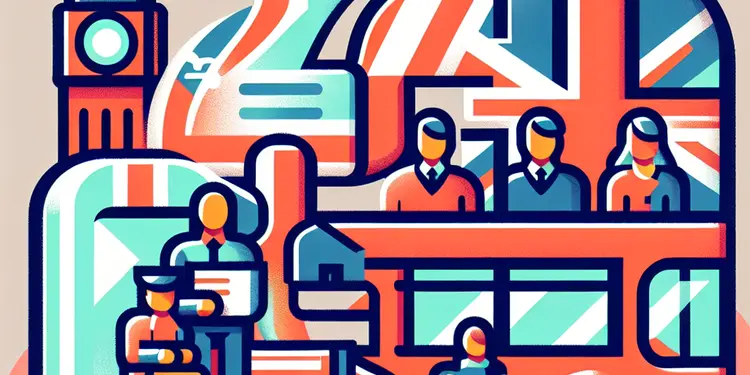
Do international students qualify for the £500 payment?
Relevance: 61%
-

What criteria must be met for students to receive the payment?
Relevance: 55%
-

Are students eligible for the £500 cost of living payment?
Relevance: 54%
-

Can students receive the £500 cost of living payment?
Relevance: 51%
-
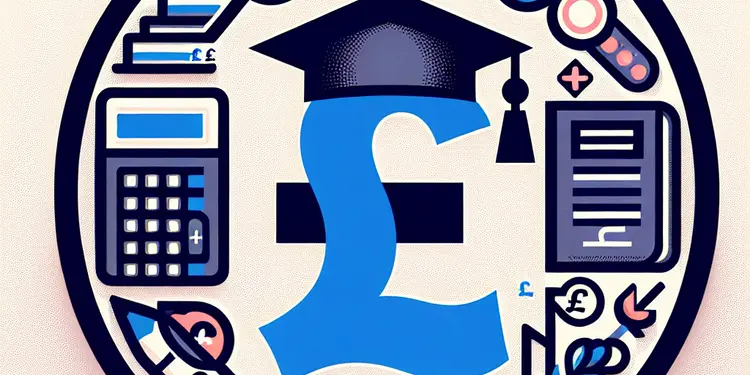
Can part-time students apply for the £500 payment?
Relevance: 50%
-
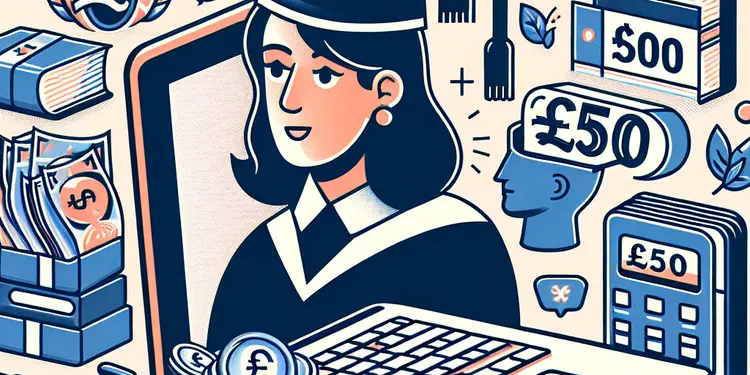
Can mature students apply for the £500 cost of living payment?
Relevance: 47%
-
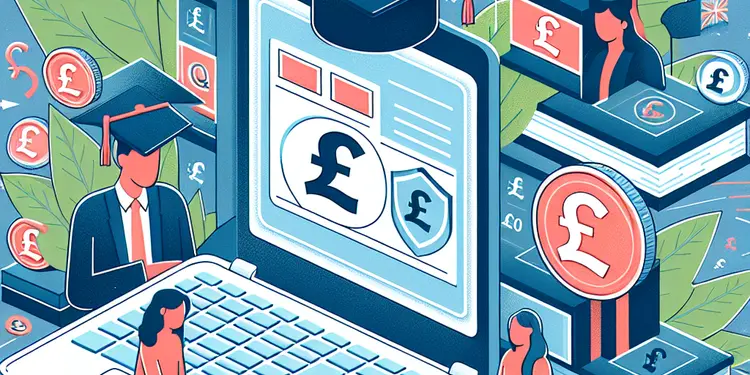
How can students apply for the £500 cost of living payment?
Relevance: 44%
-
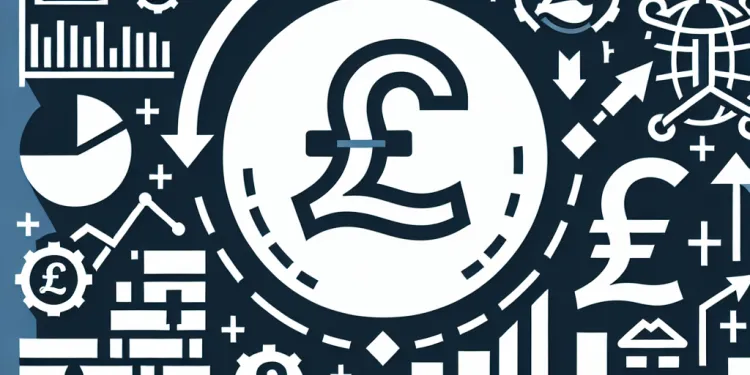
Will income thresholds for tax reliefs be revised in 2026?
Relevance: 44%
-

UNDERSTANDING YOUR STUDENT LOAN: A GUIDE FOR ENGLISH STUDENTS STARTING AN UNDERGRADUATE COURSE 2023
Relevance: 42%
-
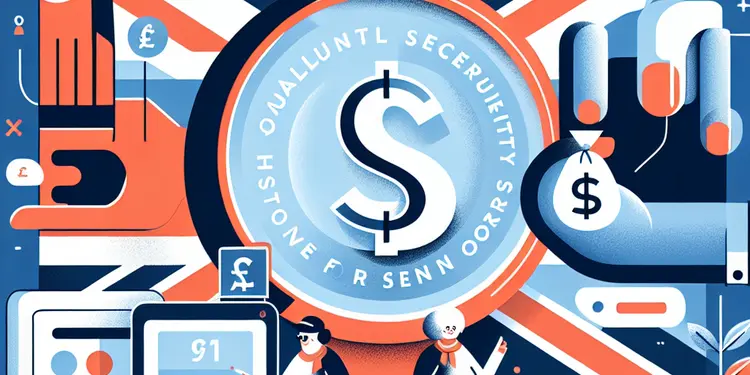
How do seniors qualify for Supplemental Security Income (SSI)?
Relevance: 41%
-

Will students receive the payment directly into their bank accounts?
Relevance: 40%
-
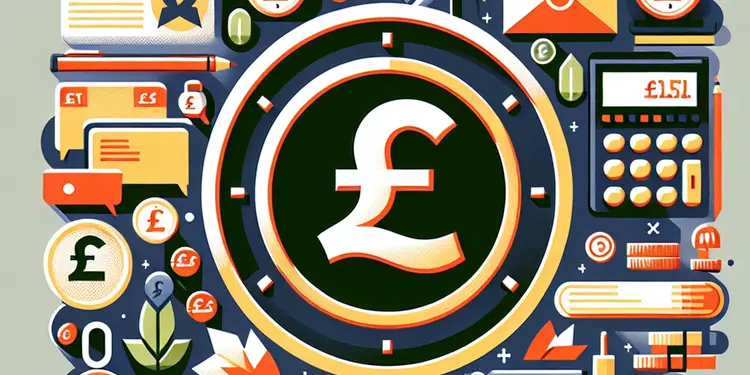
What should I do if I can't afford to repay my student loan?
Relevance: 40%
-
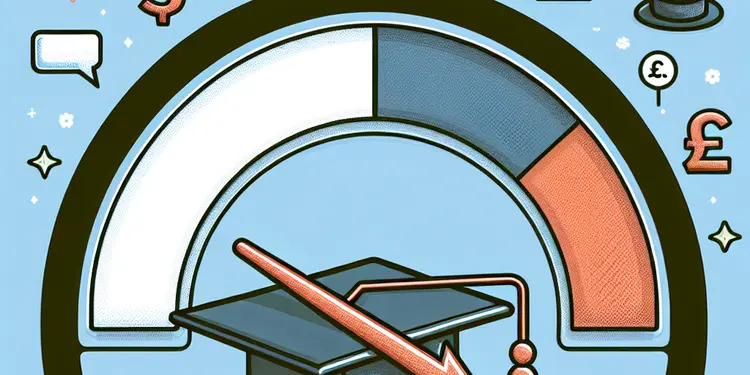
How does missing student loan payments affect my credit score?
Relevance: 40%
-

Can students receive the payment if they are already receiving other scholarships?
Relevance: 39%
-
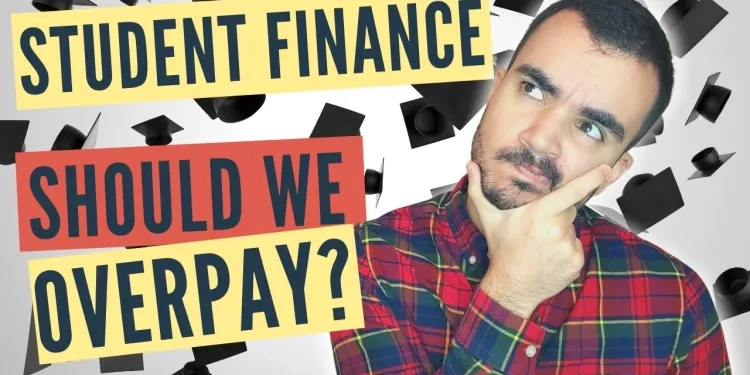
Student Finance: Should I pay more? | Plan 1 & Plan 2 | SF Explained
Relevance: 39%
-
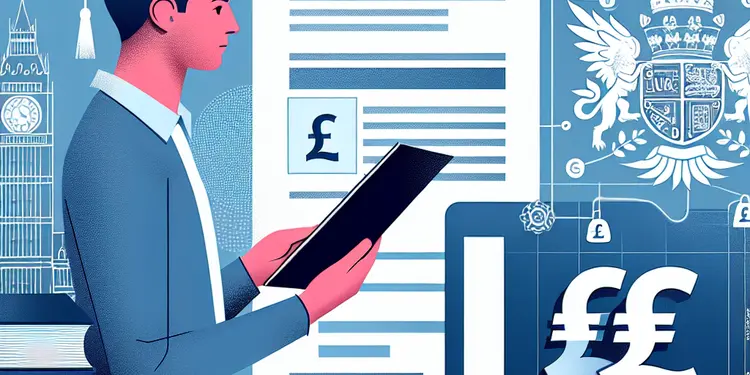
Is documentation of student status required for the payment?
Relevance: 39%
-
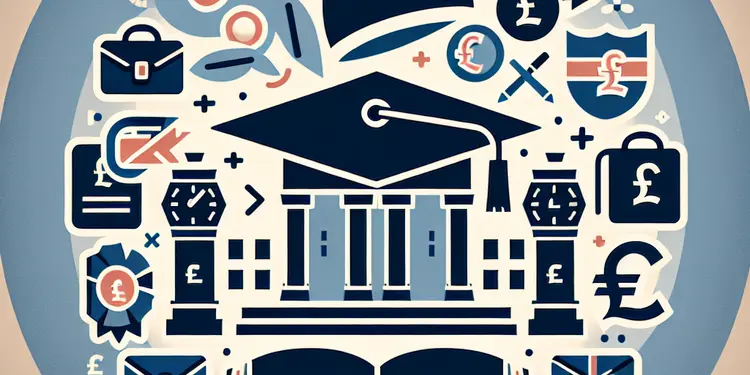
Can I get my student loans forgiven if I can't repay them?
Relevance: 37%
-

What happens if i can not afford to repay my student loan?
Relevance: 36%
-
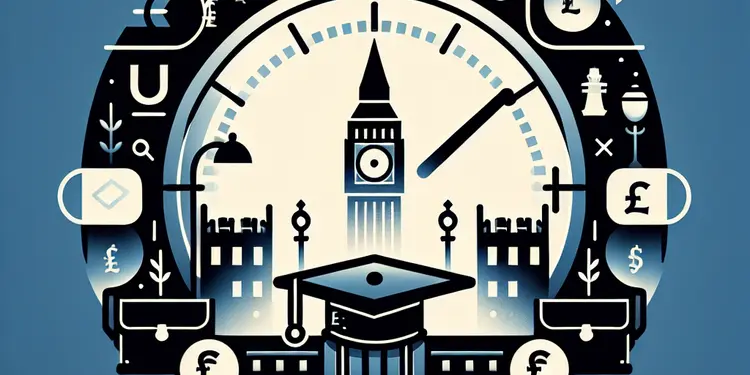
What is the deadline for students to apply for the £500 payment?
Relevance: 36%
-
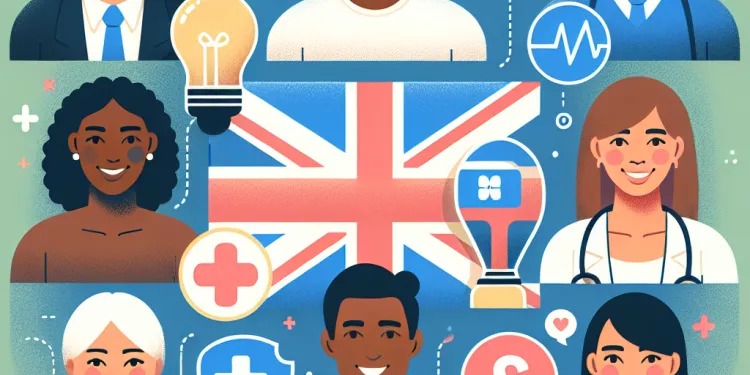
Who is eligible for the NHS Low Income Scheme?
Relevance: 36%
-
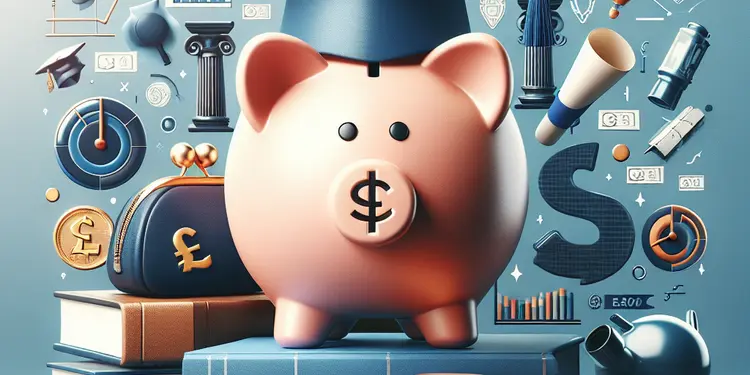
How does the payment affect students' financial aid packages?
Relevance: 36%
-

What should students do if their application for the payment is denied?
Relevance: 35%
-
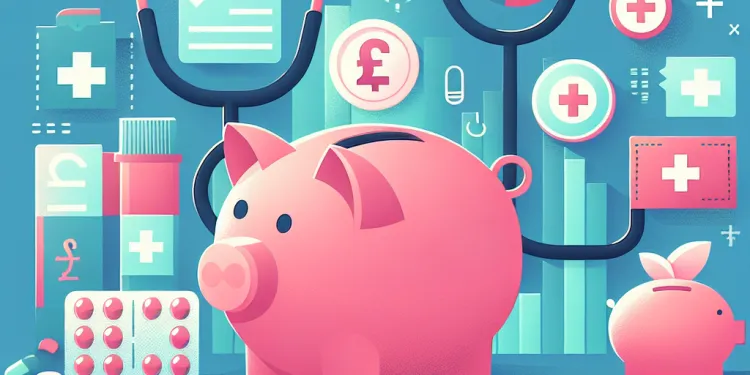
Who is eligible for the NHS Low Income Scheme?
Relevance: 35%
-
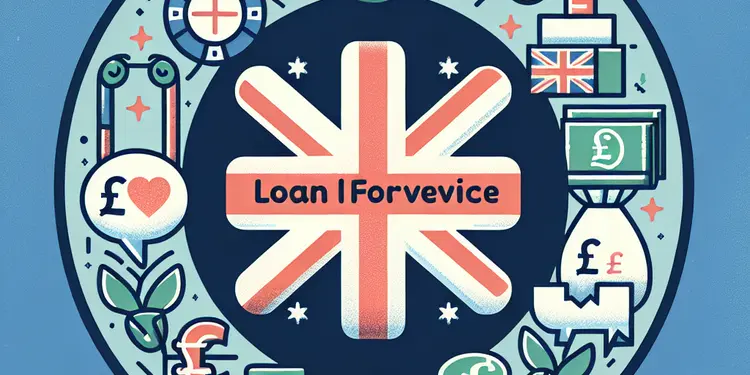
How do I qualify for public service loan forgiveness?
Relevance: 34%
-

What is the NHS Low Income Scheme?
Relevance: 34%
-
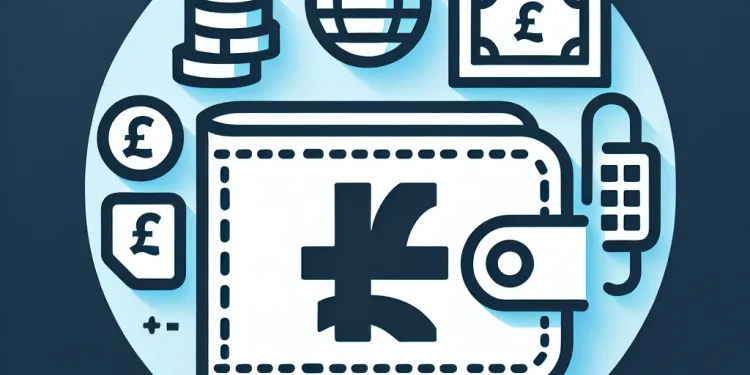
How do I apply for the NHS Low Income Scheme?
Relevance: 33%
-

Can I negotiate a settlement for my student loan?
Relevance: 33%
-
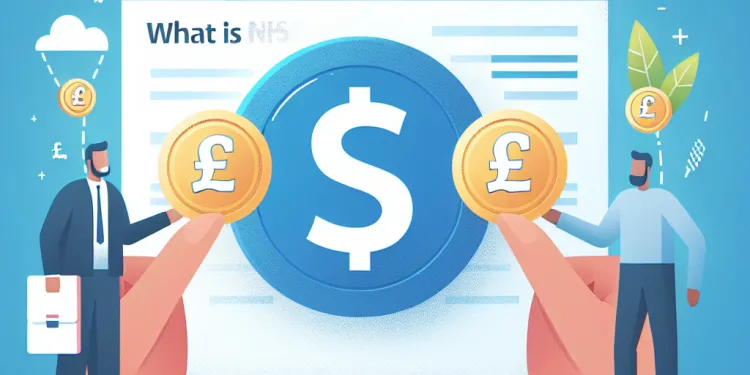
What is NHS Low Income Scheme?
Relevance: 33%
-

What happens if I default on my student loan?
Relevance: 33%
-
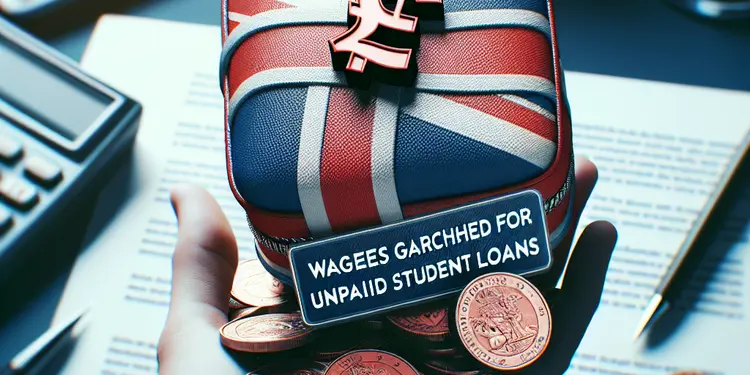
Can my wages be garnished for unpaid student loans?
Relevance: 32%
-
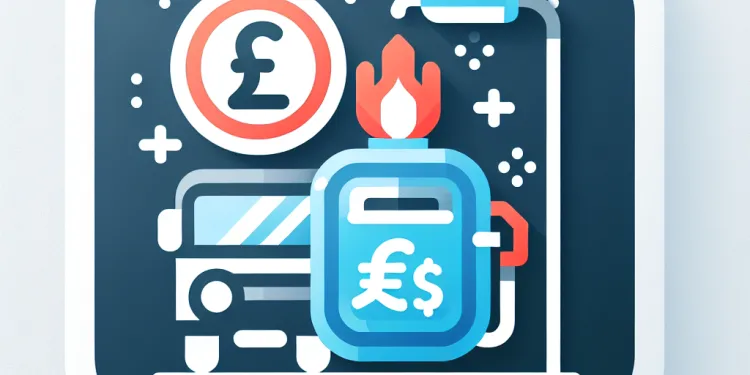
Is the Winter Fuel Payment taxable?
Relevance: 32%
-
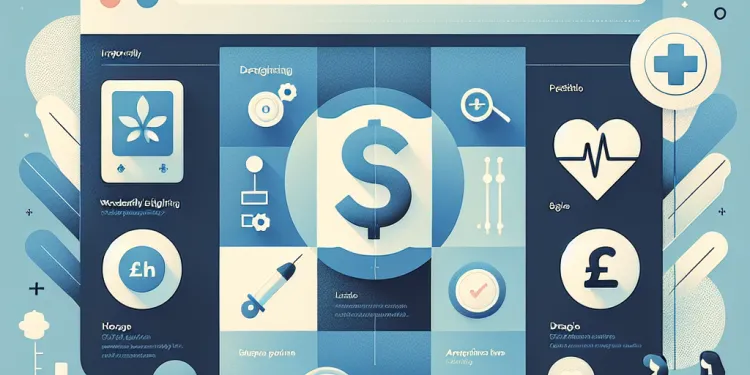
What is the NHS Low Income Scheme?
Relevance: 32%
-
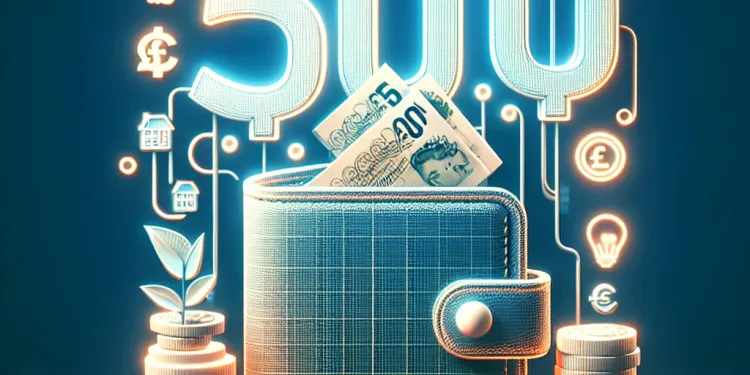
Who is eligible to receive the £500 cost of living payment?
Relevance: 32%
-

Is the £500 cost of living payment a one-time payment?
Relevance: 32%
-
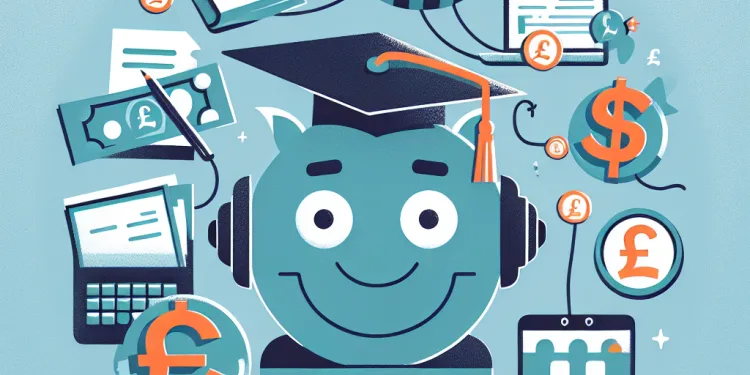
Are there implications for student loan repayments with 2026 changes?
Relevance: 32%
-
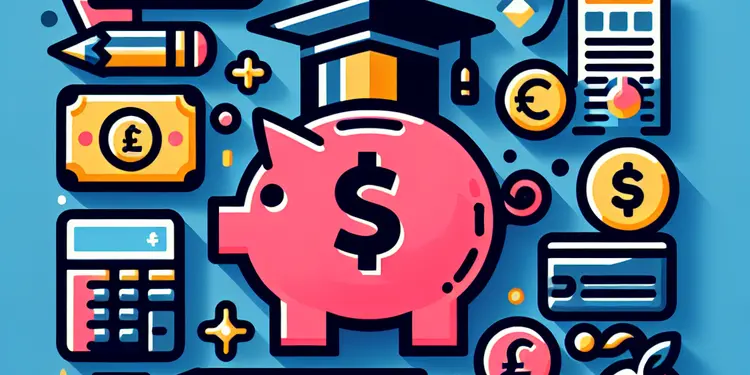
Is bankruptcy an option for student loan discharge?
Relevance: 31%
-

Will I qualify for the new state pension?
Relevance: 31%
-
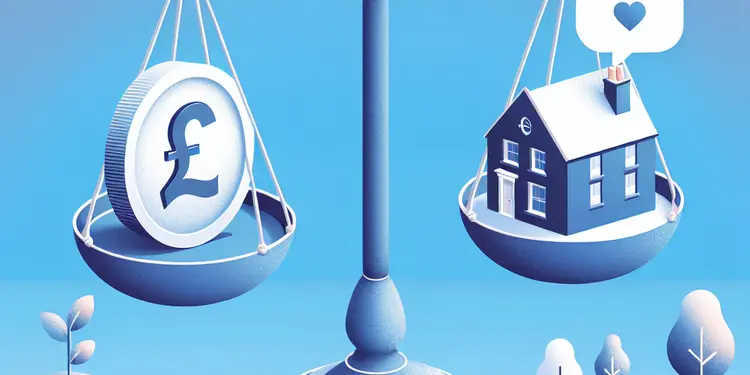
What is an income-driven repayment plan?
Relevance: 31%
-

Are school meals free for all students in the UK?
Relevance: 31%
Understanding Income Thresholds for Student Payments in the UK
In the United Kingdom, various financial aid schemes are available to support students during their studies. These schemes can include bursaries, grants, and loans, which are often essential for covering tuition fees and living costs. However, eligibility for these financial aids often hinges on various criteria, including income thresholds. Understanding these income thresholds is crucial for students and their families when applying for financial assistance.
Income Thresholds for Student Finance England
One of the primary sources of financial support for students in England is Student Finance England (SFE). SFE provides loans and grants to eligible students, and the amount awarded often depends on household income. For instance, full-time undergraduate students can apply for a Maintenance Loan to help with living costs. The exact amount a student receives is means-tested, meaning household income is assessed to determine eligibility and the maximum loan amount.
For the 2023/2024 academic year, students with a household income of £25,000 or less are eligible for the maximum Maintenance Loan. As household income increases, the amount awarded decreases on a sliding scale. Students from households with incomes above a certain threshold may receive a reduced amount or none at all.
Thresholds for Grants and Bursaries
In addition to loans, grants and bursaries are also available and typically do not need to be repaid. These financial aids are often reserved for students from low-income households or those facing specific circumstances, such as having dependents or disabilities. For example, the Disabled Students' Allowance (DSA) is not directly affected by household income, but the calculation of other specific bursaries and grants may factor in income.
Income Assessment and Application
The income assessment process typically involves providing evidence of household income, which may include earnings from employment, pensions, or other sources. Parents or guardians of younger students often need to submit financial information to support the application. This assessment helps determine the financial need and subsequently the eligible amount of financial support.
Implications for Students
Understanding these income thresholds is essential for making informed decisions about education financing. Students whose household income exceeds the thresholds may need to explore alternative funding options, such as part-time work, scholarships, or family support, to cover their expenses. Conversely, students with lower household incomes should take full advantage of the available support to minimize the financial burden of higher education.
Conclusion
To sum up, while there are income thresholds that affect eligibility for student payments in the UK, these thresholds are designed to ensure that support is available to those who need it most. It's crucial for students and their families to carefully review the criteria established by the relevant financial aid bodies and provide accurate information during the application process to maximize their potential support.
Understanding Student Money Help in the UK
In the UK, there is money help for students. This help can be bursaries, grants, and loans. They help pay for school and living costs. Knowing if you can get this money help is important. It depends on how much money your family makes.
Money Help from Student Finance England
Student Finance England (SFE) is a main place for student money help. They give loans and grants to students who qualify. How much you get depends on your family's income. Students can ask for a Maintenance Loan to help with living costs. The loan amount depends on how much your family earns.
In the 2023/2024 school year, if your family earns £25,000 or less, you can get the full Maintenance Loan. If your family earns more, the loan gets less. Some families might not get a loan if they earn too much money.
Grants and Bursaries
Grants and bursaries are also money help for students. You don’t have to pay them back. They are for students from families who earn less. They are also for special situations, like having a disability. Some help, like Disabled Students' Allowance (DSA), does not depend on family money, but other grants might.
How to Apply
To get money help, you need to show how much your family earns. This includes money from jobs and pensions. Parents or guardians help by giving their money details. This helps decide if you get money help and how much.
What This Means for Students
Knowing these money rules helps students plan. If your family makes more money than the rules allow, you might need other ways to pay, like a part-time job or a scholarship. If your family makes less money, use all the help you can get.
Conclusion
These money rules are here to help those who need it most. It's important for families to read the rules carefully and give correct information when applying to get the best support.
Frequently Asked Questions
What is the income threshold for students to qualify for the payment?
The income threshold for students varies by program and location. Students should check the specific criteria for the payment they are applying for.
Do all students have the same income threshold to qualify for the payment?
No, the income threshold can vary depending on the student's circumstances and the specific payment program.
Are there different income thresholds for undergraduate and graduate students?
Yes, some programs may have different income thresholds for undergraduate and graduate students.
How do I find out the income threshold for my specific payment program?
You can find the income threshold information on the official website of the payment program or by contacting their support service.
Is the income threshold based on gross income or net income?
The income threshold is usually based on gross income, but it's important to check the specific guidelines of your payment program.
Can parental income affect a student's eligibility for the payment?
Yes, in some cases, parental income may be considered when determining a student's eligibility for certain payments.
Do scholarships and grants count towards the income threshold?
Often, scholarships and grants are not counted as income, but it depends on the program. Check the specific rules of the payment you are applying for.
If my income changes during the year, how does that affect my eligibility?
If your income changes, you should report it to the program administrators, as it might affect your eligibility for certain payments.
Are there any exemptions to the income threshold for students with disabilities?
Some programs may offer exemptions or higher income thresholds for students with disabilities.
Does the income threshold change annually?
Yes, the income threshold may be adjusted annually to reflect changes in cost of living or other factors.
What happens if my income exceeds the threshold after I've qualified for the payment?
Typically, you'll need to report any income changes, and your eligibility might be reassessed.
Are part-time students subject to a different income threshold than full-time students?
In some programs, part-time students may have different income thresholds or different criteria.
Can I appeal if my application is denied due to income threshold issues?
Yes, most programs have an appeals process where you can submit additional information or clarification.
How is income verified for these payments?
Income is usually verified through tax returns, pay stubs, or other official documentation.
Does income from freelance work or gigs count towards the threshold?
Yes, typically all forms of income, including freelance and gig work, are considered for the income threshold.
If I'm married, does my spouse's income count towards my income threshold?
Depending on the program, a spouse's income might be considered in the eligibility assessment.
Are there specific payments that have no income threshold for students?
Some scholarships or grants might not have an income threshold, but this depends on the individual program.
Does receiving unemployment benefits affect my income threshold for student payments?
Unemployment benefits may be considered as income, so they might affect your eligibility.
What documentation do I need to provide to prove my income?
Common documents include recent tax returns, pay stubs, and any other official financial statements.
Can international students qualify for payments with an income threshold?
Eligibility for international students varies by program, so it's important for them to check specific criteria related to income requirements.
How much money can students earn to get the payment?
The amount of money students can earn before it affects their payments is different depending on what program they are in and where they live. Students should find out the exact rules for the payment they want to get.
Do all students need the same amount of money to get the payment?
Some students might need different amounts of money to get the payment. It can depend on their situation.
If you want help understanding this, you could:
- Ask a teacher or friend to explain.
- Use videos or pictures that explain money rules.
No, the amount of money you can earn before it affects your payments can be different. It depends on your situation and the type of payment program you are in.
Do undergraduate and graduate students have different income limits?
Income limits mean the most money you can earn and still get help. Are these limits different for undergraduate students and graduate students?
Helpful Tip: Ask someone you trust if you need help with this question. They can explain it to you in a simple way. You can also use apps that read text aloud to help you understand better.
Yes, some programs may have different rules about how much money you can earn if you are an undergraduate or graduate student.
How can I check the income limit for my payment plan?
Here is how you can find out the income limit:
- Ask for Help: You can call or visit the place where you get your payment. They can tell you the income limit.
- Look Online: Go to their website. They may have the information you need.
- Read Your Letters: Check any letters or papers they have sent you. They might list the income limit there.
Need more help? Try asking a friend or family member to help you find this information.
You can find out how much money you can earn to get the payment help.
Look on the payment program's official website or ask their support team for help.
Does the income limit use total money before taxes or take-home pay?
The amount of money you can earn is usually calculated before taxes are taken out. This is called gross income. It is important to look at the rules for your specific payment plan to understand how it works.
Does the money parents earn change if a student can get the payment?
Sometimes, when you want to get some money for school, they might look at how much money your parents make.
Do scholarships and grants count as income?
Are scholarships and grants counted when deciding how much money you have? Let's find out!
Try using pictures or charts to help understand better.
Scholarships and grants usually don't count as money you earn. But sometimes they do, depending on the rules. Make sure you read the rules for the money help you are asking for.
If I make more or less money, will that change if I can get help?
If you start making more or less money, it might change if you can still get help. Try using simple tools like a calculator to see how much money you have. Ask someone you trust to help if you are unsure.
If the money you earn changes, you should tell the people in charge of the program. This is important because it might change if you can still get some payments.
Do some students with disabilities not need to earn a certain amount of money to get help?
Some programs might have special rules for students with disabilities. They might let them earn more money before needing to pay anything.
Does the income limit change every year?
Yes, the amount of money you can earn before it is taxed might change every year. This can happen because things get more expensive or for other reasons.
What if I make more money than the limit after I start getting payments?
If you start making more money than the limit, here is what you can do:
- Check if you still qualify for payments.
- Talk to someone who can help, like a support worker.
- Use an online calculator to see if you can keep the payments.
It's important to let the payment office know if your money changes.
You should tell someone if the money you get changes. They might check again to see if you still get help.
Do part-time students have a different income limit than full-time students?
If you study part-time, the money you can earn might be different than if you study full-time. This is called an income limit.
Tip: You can use a calculator or ask for help if it is confusing.
In some programs, students who study part-time might follow different rules about how much money they can earn or different guidelines.
Can I ask for a second look if my application is turned down because of money limits?
Yes, most programs let you ask for another chance. You can give them more information or explain things better.
How do they check your money for these payments?
To check how much money you make, you can use things like tax forms, pay slips, or other important papers.
Does money from freelance work or gigs count?
Yes, all the money you earn counts. This includes pay from freelance jobs and gig work.
If I'm married, does my husband's or wife's money count in my income?
If you are married, your husband's or wife's money is added to your money. This helps see if you have enough total money needed.
To understand better, you can:
- Ask someone to help you read and think about it.
- Use apps or tools that read text out loud.
- Look for simple guides that explain money rules.
Sometimes, a program will look at how much money a husband or wife makes to decide if someone can join.
Can students get some payments no matter how much they earn?
Some scholarships or grants might not have a limit on how much money you make. It depends on each program.
Will getting unemployment money change the income I need to pay for school?
If you get money because you don't have a job, it might change how much money you can earn before you need to pay for school. It's good to check the rules about this.
Ask someone for help if you find this tricky. You can use tools to read words out loud or explain things simply.
Money you get because you don't have a job might be counted as income. This could change if you can get other help.
What papers do I need to show my income?
Here’s how to make it easier:
- Use simple words.
- Make each step clear and short.
- Break ideas into little pieces.
- Use tools like picture cards or videos for extra help.
Here are some important papers you might need. They are things like your most recent tax forms, your pay slips from work, and other papers that show your money details.
If reading is hard, you can ask someone to help you understand. You might also use tools like a ruler to keep your place or read one line at a time.
Can students from other countries get money if they earn a certain amount?
To find out if international students can join, they need to see what the program needs from them. It is very important for students to look at what the program says about how much money they need to have.
Useful Links
This website offers general information and is not a substitute for professional advice.
Always seek guidance from qualified professionals.
If you have any medical concerns or need urgent help, contact a healthcare professional or emergency services immediately.
Some of this content was generated with AI assistance. We’ve done our best to keep it accurate, helpful, and human-friendly.
- Ergsy carfully checks the information in the videos we provide here.
- Videos shown by Youtube after a video has completed, have NOT been reviewed by ERGSY.
- To view, click the arrow in centre of video.
- Most of the videos you find here will have subtitles and/or closed captions available.
- You may need to turn these on, and choose your preferred language.
- Go to the video you'd like to watch.
- If closed captions (CC) are available, settings will be visible on the bottom right of the video player.
- To turn on Captions, click settings .
- To turn off Captions, click settings again.
More Items From Ergsy search
-

Is there an income threshold for students to qualify for the payment?
Relevance: 100%
-

Do international students qualify for the £500 payment?
Relevance: 61%
-

What criteria must be met for students to receive the payment?
Relevance: 55%
-

Are students eligible for the £500 cost of living payment?
Relevance: 54%
-

Can students receive the £500 cost of living payment?
Relevance: 51%
-

Can part-time students apply for the £500 payment?
Relevance: 50%
-

Can mature students apply for the £500 cost of living payment?
Relevance: 47%
-

How can students apply for the £500 cost of living payment?
Relevance: 44%
-

Will income thresholds for tax reliefs be revised in 2026?
Relevance: 44%
-

UNDERSTANDING YOUR STUDENT LOAN: A GUIDE FOR ENGLISH STUDENTS STARTING AN UNDERGRADUATE COURSE 2023
Relevance: 42%
-

How do seniors qualify for Supplemental Security Income (SSI)?
Relevance: 41%
-

Will students receive the payment directly into their bank accounts?
Relevance: 40%
-

What should I do if I can't afford to repay my student loan?
Relevance: 40%
-

How does missing student loan payments affect my credit score?
Relevance: 40%
-

Can students receive the payment if they are already receiving other scholarships?
Relevance: 39%
-

Student Finance: Should I pay more? | Plan 1 & Plan 2 | SF Explained
Relevance: 39%
-

Is documentation of student status required for the payment?
Relevance: 39%
-

Can I get my student loans forgiven if I can't repay them?
Relevance: 37%
-

What happens if i can not afford to repay my student loan?
Relevance: 36%
-

What is the deadline for students to apply for the £500 payment?
Relevance: 36%
-

Who is eligible for the NHS Low Income Scheme?
Relevance: 36%
-

How does the payment affect students' financial aid packages?
Relevance: 36%
-

What should students do if their application for the payment is denied?
Relevance: 35%
-

Who is eligible for the NHS Low Income Scheme?
Relevance: 35%
-

How do I qualify for public service loan forgiveness?
Relevance: 34%
-

What is the NHS Low Income Scheme?
Relevance: 34%
-

How do I apply for the NHS Low Income Scheme?
Relevance: 33%
-

Can I negotiate a settlement for my student loan?
Relevance: 33%
-

What is NHS Low Income Scheme?
Relevance: 33%
-

What happens if I default on my student loan?
Relevance: 33%
-

Can my wages be garnished for unpaid student loans?
Relevance: 32%
-

Is the Winter Fuel Payment taxable?
Relevance: 32%
-

What is the NHS Low Income Scheme?
Relevance: 32%
-

Who is eligible to receive the £500 cost of living payment?
Relevance: 32%
-

Is the £500 cost of living payment a one-time payment?
Relevance: 32%
-

Are there implications for student loan repayments with 2026 changes?
Relevance: 32%
-

Is bankruptcy an option for student loan discharge?
Relevance: 31%
-

Will I qualify for the new state pension?
Relevance: 31%
-

What is an income-driven repayment plan?
Relevance: 31%
-

Are school meals free for all students in the UK?
Relevance: 31%


